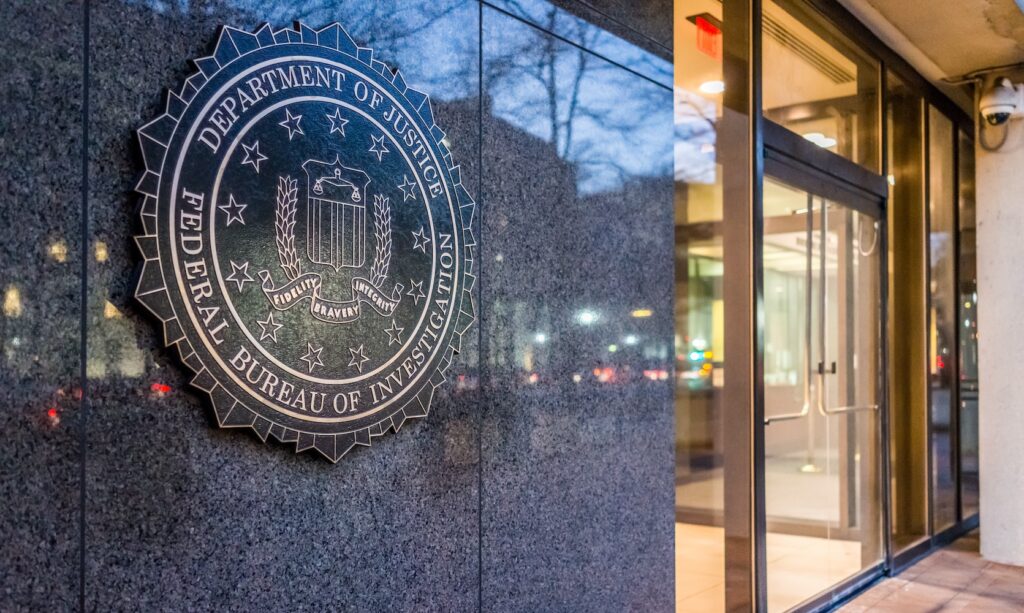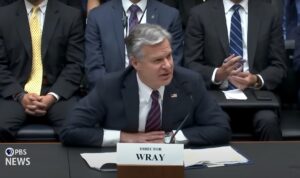FBI provides update 46 days after Trump assassination attempt, but offers few answers
A month and a half after the July 13 attempted assassination of former President Donald Trump, the FBI held a briefing call that provided few new clues.
In an opening statement, FBI Executive…

A month and a half after the July 13 attempted assassination of former President Donald Trump, the FBI held a briefing call that provided few new clues.
In an opening statement, FBI Executive Assistant Director Robert R. Wells said that in the 46 days since the shooting in Butler, Pennsylvania, the FBI “has worked diligently towards two goals” in identifying the shooter’s motives and whether the would-be assassin had any accomplices.
“Extensive analysis of the subject’s online search history, as well as his specific online activity, has provided us valuable insight into his mindset, but not a definitive motive,” said Wells in a prepared statement. “To date, we have not uncovered any credible evidence indicating the subject conspired with anyone else.”
By contrast, within a month of the Jan. 6 U.S. Capitol riot, 221 people had been charged with crimes after being investigated by the FBI.
Kevin Rojek, the special agent in charge of the FBI’s Pittsburgh Field Office, which is handling the assassination investigation, pushed back against several media stories about the investigation.
Rojek said that while it’s true that shooter Thomas Crooks had encrypted, overseas email accounts, “the level of encryption was no more sophisticated than any standard, widely used, internet-based email service.”
In July, media outlets reported that Crooks had accounts in Germany, New Zealand, and Belgium and vaguely linked those accounts to Iran after a congressional task force investigating the assassination attempt was briefed by the FBI.
Rojek also said the FBI had successfully cracked the encryption and was able to read data from those accounts.
He also said the release of the crime scene back to the property owners and the release of Crooks’ body back to the family were in line with standard FBI policy during investigations.
“I want to stress that it is not standard procedure or practice for the FBI or any law enforcement agency to request that the coroner or medical examiner maintain indefinite custody of a deceased subject’s body once the investigative purposes of our agency and our partner agencies are completed,” said Rojek.
But experts who spoke before a panel hosted by Republican Reps. Andy Biggs and Eli Crane of Arizona, Matt Gaetz and Cory Mills of Florida, and Chip Roy of Texas, disputed several parts of Rojek’s statement.
Washington Regional SWAT counter-sniper Ben Shaffer told the panel that he was concerned that the crime scene was turned over to the owner so quickly and “scrubbed,” reported the New York Post.
Schaffer also expressed concern that the body of Crooks was turned over to the family before the official autopsy findings were released, said the Post.
Erik Prince, a former US Navy SEAL who founded the private military contractor Blackwater, said it sounded like “destruction of evidence,” according to the Post.
Rep. Mike Waltz, a Republican from Florida, who serves on the congressional task force studying the assassination attempt, said he’s not satisfied with the answers the FBI is providing.
“I find that hard to believe, and I want to see … the proof,” Waltz said last week. “How did he learn to build those IEDs? How did he learn to install remote detonators? How did he conduct those searches and not get popped? I still have a lot of questions.”
But Wells maintains that thus far “the FBI has not identified a motive nor any co-conspirators or associates of Crooks” and has found no “indication to suggest Crooks was directed by a foreign entity to conduct the attack.”
Iran has called speculation that it was behind the attempt on Trump’s life “unsubstantiated and malicious,” reported CNN.



